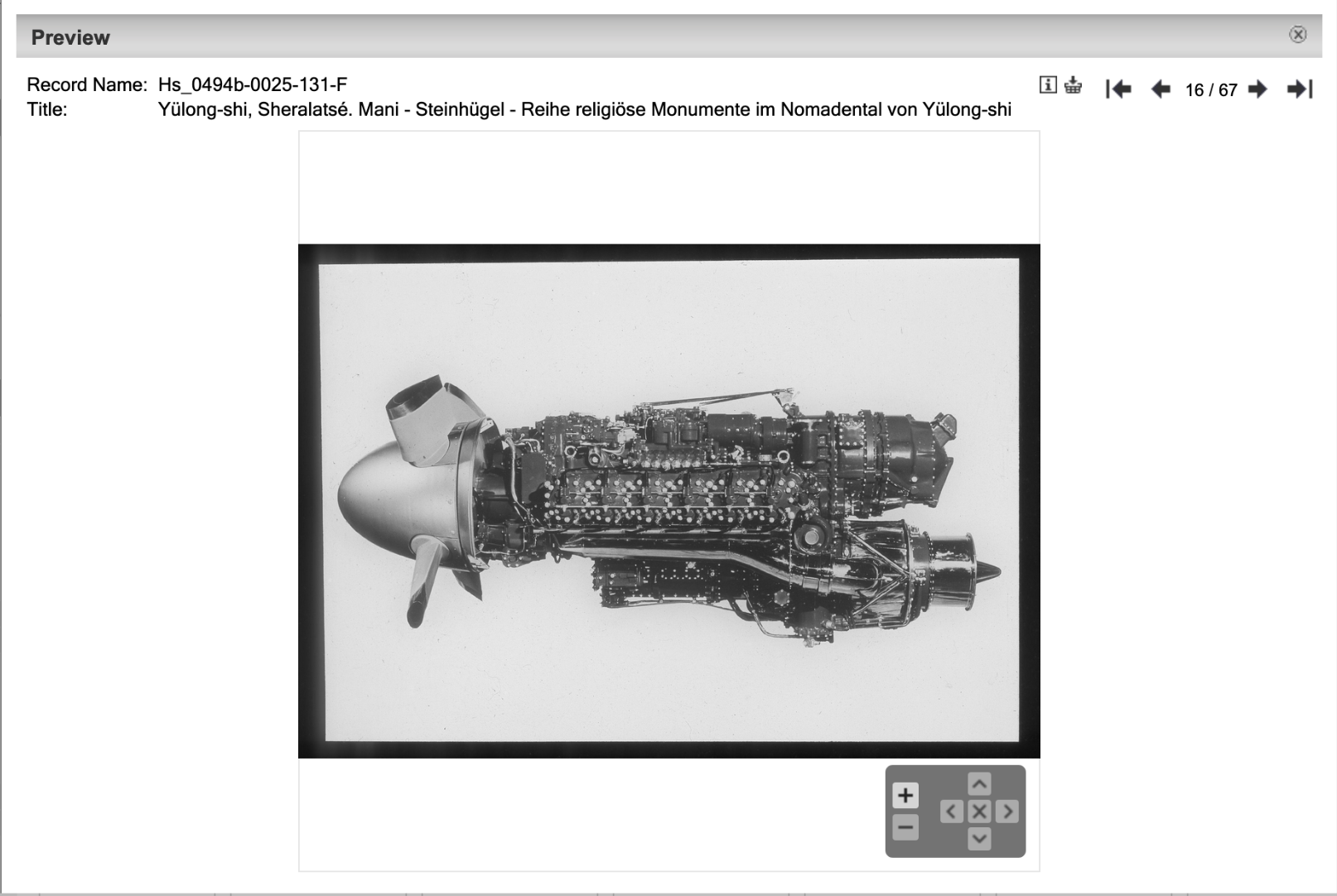Nomadic concepts – also and perhaps better known as “travelling concepts” – are a heuristic tool and analytical practice for communicating across disciplinary, professional and cultural boundaries through discussing and opposing different understandings and uses of concepts such as identity, space or emotion. It could thus also be called a translation tool. It was first proposed by Belgian philosopher of science Isabelle Stengers in her edited collection D’une science à l’autre: des concepts nomades (1987) where she defines the purpose of concepts that travel between and within the ‚hard’ and ‚soft’ sciences as opening up debates and facilitating invention. Later, it was Dutch narratologist Mieke Bal who in her book Travelling Concepts in the Humanities: A Rough Guide (2002) described and indeed demonstrated how working with (and on) concepts in the humanities enables a thoroughly interdisciplinary and intersubjective approach. — https://sciencesnaturelles.ch/topics/co-producing_knowledge/methods/td-net_toolbox/nomadic_concepts
Bal’s “traveling concepts” can be seen as one of the recent highlights in the study of culture in Europe. Such projects approach traveling concepts through the lens of the emerging field of the study of culture and with reference to the deconstruction of stable disciplines that had constructed their own identity as in-between fields. Rather than countering this trend, we wish to shift approaches entirely and turn the analytic lens on the nomadic element of concepts. Bal explained her transition from “nomadic” to “traveling” concepts to include an element of choice, with a simultaneous loss in the analysis of the mobile habitat. — https://www.berghahnjournals.com/view/journals/contributions/9/2/choc090201.xml
–––– Notes
Tool for exchanging understandings of concepts across disciplinary and cultural boundaries — a way of dealing with tools developed for disciplinary analyses in a poststructuralist manner.
Isabelle Stengers: nomadic concepts
Mieke Bal: traveling concepts
Difference between nomadic and traveling
Bal’s term traveling concepts has been translated in German to wandernde Begriffe (rambling concepts). So it doesn’t imply the possibility of the simultaneous existence of one single concept in several distinct locations at the same time—an idea present in Stenger’s concept of epidemic propagation. Both nomadic and traveling concepts share a strong pull toward interdisciplinary and the permanent mobility of concepts.
The metaphor of nomadism, however, is more suitable to address the hybridity of the fields across which concepts move. While travel implies existing cultural difference between the place of origin and the destination, the metaphor of nomadism does not.
Book
Travelling Concepts in the Humanities: A Rough Guide, Mieke Bal, 2002
Mieke Bal is a Dutch cultural theorist, video artist and professor in Literary Theory at the University of Amsterdam. It’s a kind of guidebook with a series of case studies about examination and reexamination of concepts as they ‘travel’ between disciplines, historical periods, and (cultural) contexts. Interdisciplinary cultural analysis. She also suggests that interdisciplinarity must seek its heuristic and methodological basis in concepts rather than in methods. We could talk about concept-based methodology.
5 W’s
Who
- Members of a heterogenous research group.
- The method encourages “symmetrical learning”, where each participant is an expert in her/his field bringing disciplinary knowledge to the group.
What
- It is a heuristic tool and analytical practice for communicating across disciplinary, professional and cultural boundaries through discussing and opposing different understandings and uses of concepts (such as identity, space or emotion).
- It could also be called a translation tool.
When
- At the very beginning of the group process and recursively throughout the project.
Where
- Not relevant?
Why
- Get critical awareness about the potential and limits of a researcher’s disciplinary perspective.
- It helps exchange, mutual learning and co-development across disciplines and involves non-academic knowledge production.
- Understanding concepts as having no fixed foundations but moving through territories where they connect to diverse contents and problems, this practice is also a tool for (co-)creating new concepts.
- This not only leads to the production of basic knowledge (what a concept means in different disciplines) but to really inter- and even transdisciplinary transformative knowledge (what a concept does and provokes in different disciplines or contexts).

5 comments for “traveling concepts”